Septic Tank Myths You Should Not Fall For
The septic system on your property is one of the most important systems you have running. According to Growing Blue, about 26 million American homes have a septic system. When problems arise with your septic tank, it's imperative that you have inspections and repairs done quickly. Septic tank problems are progressive, meaning that they will get worse the longer you wait. One of the contributing factors to septic tank problems is that there are a lot of myths surrounding septic systems. When homeowners buy into these myths, it can result in expensive problems that are not only inconvenient but can also pose health risks to you and your family as well as your surrounding community. The solution is to always stay on top of septic tank maintenance and repairs, such as main line clogs. Here are a few septic tank and plumbing myths that you should be aware of, especially if you are a homeowner.
Pumping Isn't Necessary
This is a prevalent myth that can really mess up your septic system. This myth originates in the idea that if you're taking good care of your septic system and not overusing water, there will never be a reason to have it pumped out. This simply isn't the case.
Regardless of how you care for your system, septic sludge does build up eventually. This is a natural result of sludge going in. The living bacteria present in the tank that helps to break down the solid matter can only break down so much. It can never break down everything. The result is that sludge does cling to the tank. After a few years, there is a solid accumulation of this.
When a septic tank company pumps out your tank, it gets thoroughly cleaned and is basically in a new state again. It's recommended that a tank be pumped out every three to five years depending on how much use it's getting, according to the U.S. Environmental Protection Agency. Be sure to contact a plumbing or septic company every few years for proper septic pumping.
Inspections Aren't Needed Until There's a Problem
This goes against all the tenants of good maintenance for any system in your home. If you ignore a home system until there's a problem, you've missed valuable opportunities for preventative maintenance and repairs. Your septic system is no different. It's a good idea to have a tank inspection done when you're getting the tank pumped out. This way the professionals already have access to the tank and can assess any damage that needs attention. Since the septic tank isn't visible any other time, this is really the only opportunity to know if problems are brewing.
Additives Eliminate the Need for Pump Outs
There are many products on the market today that promise to speed up the naturally occurring breakdown process inside your tank. The idea is that you can flush these products down your toilets, and it will add additional good bacteria to the tank. This bacteria will start breaking down solid matter even faster. If solid matter is broken down faster, there wouldn't be a need for a pump out according to this theory.
This is a tricky myth because it's mixed with some truth. The products that contain additional live bacteria to add to your tank can assist with breaking down solid matter. These products can keep the solid matter under control better than using no product. However, using these products does not eliminate the need to have your system pumped. It's best to contact a local septic or plumbing company to help with cleaning instead of relying on those products on the market.
You Can Flush Anything With a Septic Tank
This is another dangerous myth as it can really have a negative effect on your septic tank health. This idea comes from the fact that homes using a municipal sewer system have very strict rules about what can and cannot be flushed. This is for public health reasons. The assumption is that if you're not on a municipal sewer system but rather have your own private septic tank, you can flush anything you want down the toilets.
This is incorrect, though. The rules that apply to a big community sewer system also apply to your septic tank. However, there aren't really any technical rules; you just need to govern yourself and avoid flushing anything other than human waste and easily dissolved toilet tissue. If you flush other items, you run the risk of creating
main line clogs. Main line clogs will cause wastewater to back up into your home and often call for plumbing services to clear.
You should also avoid using harsh chemicals that would go down the drain as well. These chemicals will kill off the bacterial colonies that live in the septic tank. These bacteria are the only way for solid waste to break down.
Clogged Systems Can't Be Repaired
This myth leads people to believe that septic tank replacement is their only option if a system gets clogged. This isn't the case. Even a severely clogged system can usually be restored if you're working with knowledgeable septic tank specialists.
There are a few common types of severe clogs. Indigestible sewage clogs in the leach bed are when there has been too much matter flushed down the toilets that can't break down. These move as far as they can but once it reaches the leach bed, there is nowhere else for it to go. Waste water usually can't move through the clogs into the leach bed, and your system backs up. Another clog would be a biomass clog. This happens when root systems grow into the leaching pipes. Both of these problems can usually be solved without a replacement.
You Can Build Things on Top of Your Septic Tank
This myth is often believed because people do indeed build and plant things on top of their septic tanks. Just because people are doing this, however, doesn't mean you should. Trees, decks, patios, or any other structure that blocks access to the tank or drain field should be avoided. If you do this, you'll eventually wind up spending additional money in order to have the items removed when work needs to be done to the septic tank.
A Well Maintained Septic System Never Needs to Be Replaced
This is absolutely not the truth. There are elements of the septic system that will need to be replaced over time. Like any other system in your home, a septic system has a lifespan. In most cases, a septic system will last about 20 years with good maintenance, according to Forbes. In some exceptional conditions, you may get more time. This usually only applies to septic tanks that don't have heavy use, for instance, a tank with a small family. If you own a septic tank, septic tank maintenance and possible replacement will need to be a budgeting factor in your home maintenance budget. It's usually not a matter of if but a matter of when.
These are just a few myths surrounding septic systems. If you are in need of septic services, please contact us today. Give us a call and our team at Reliable Septic & Services is happy to provide a free estimate.
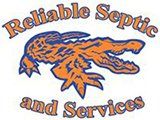
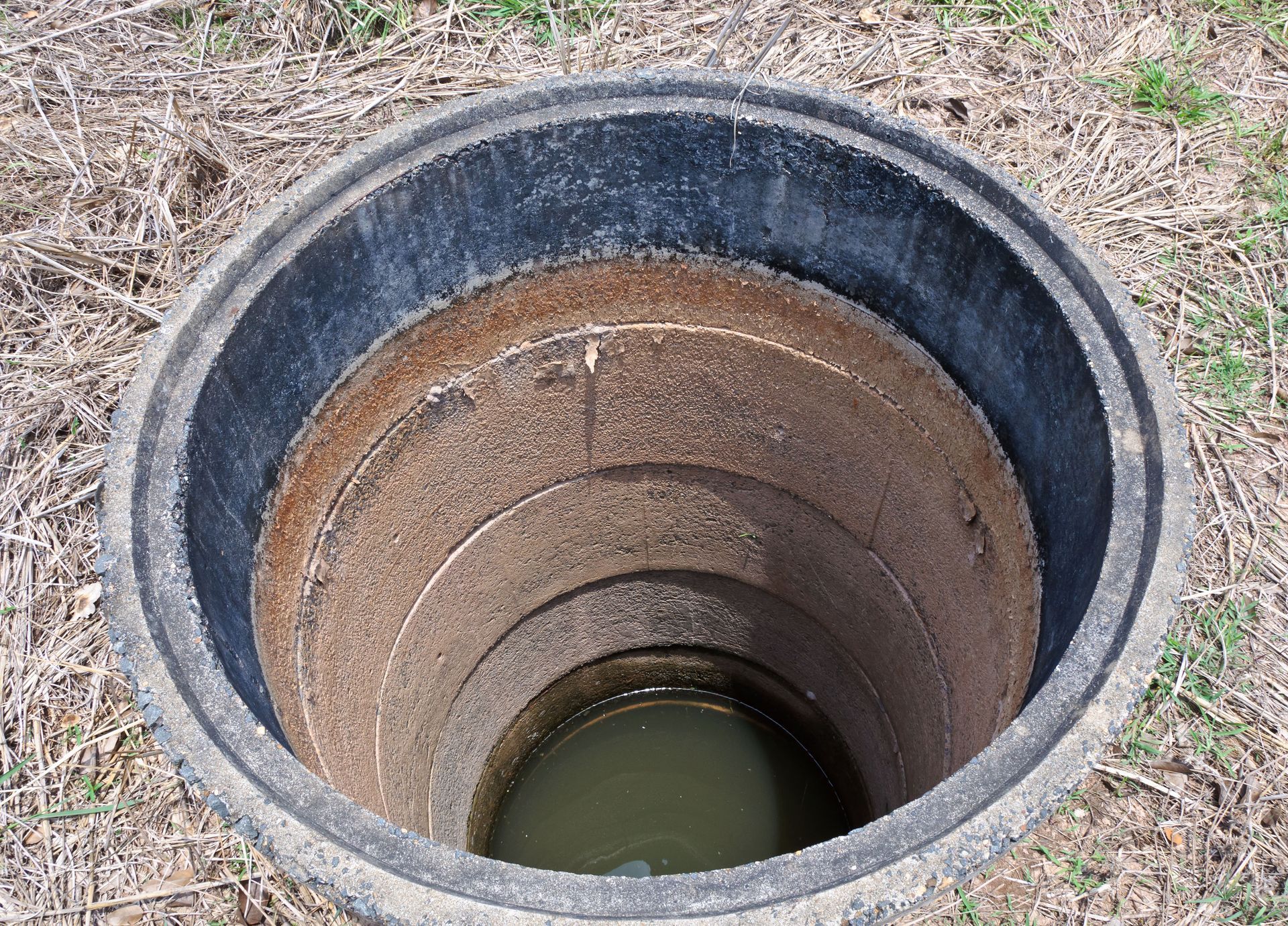
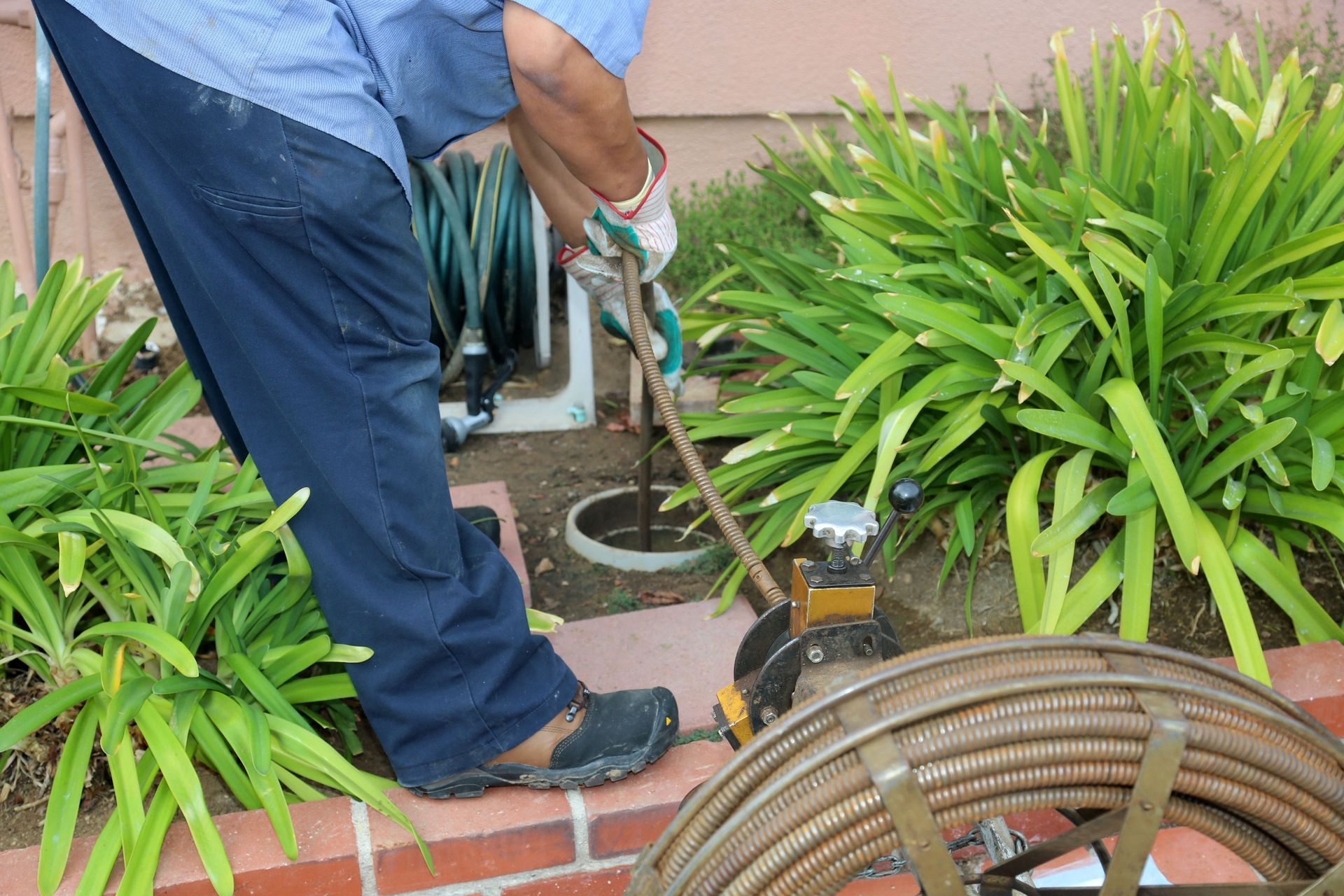
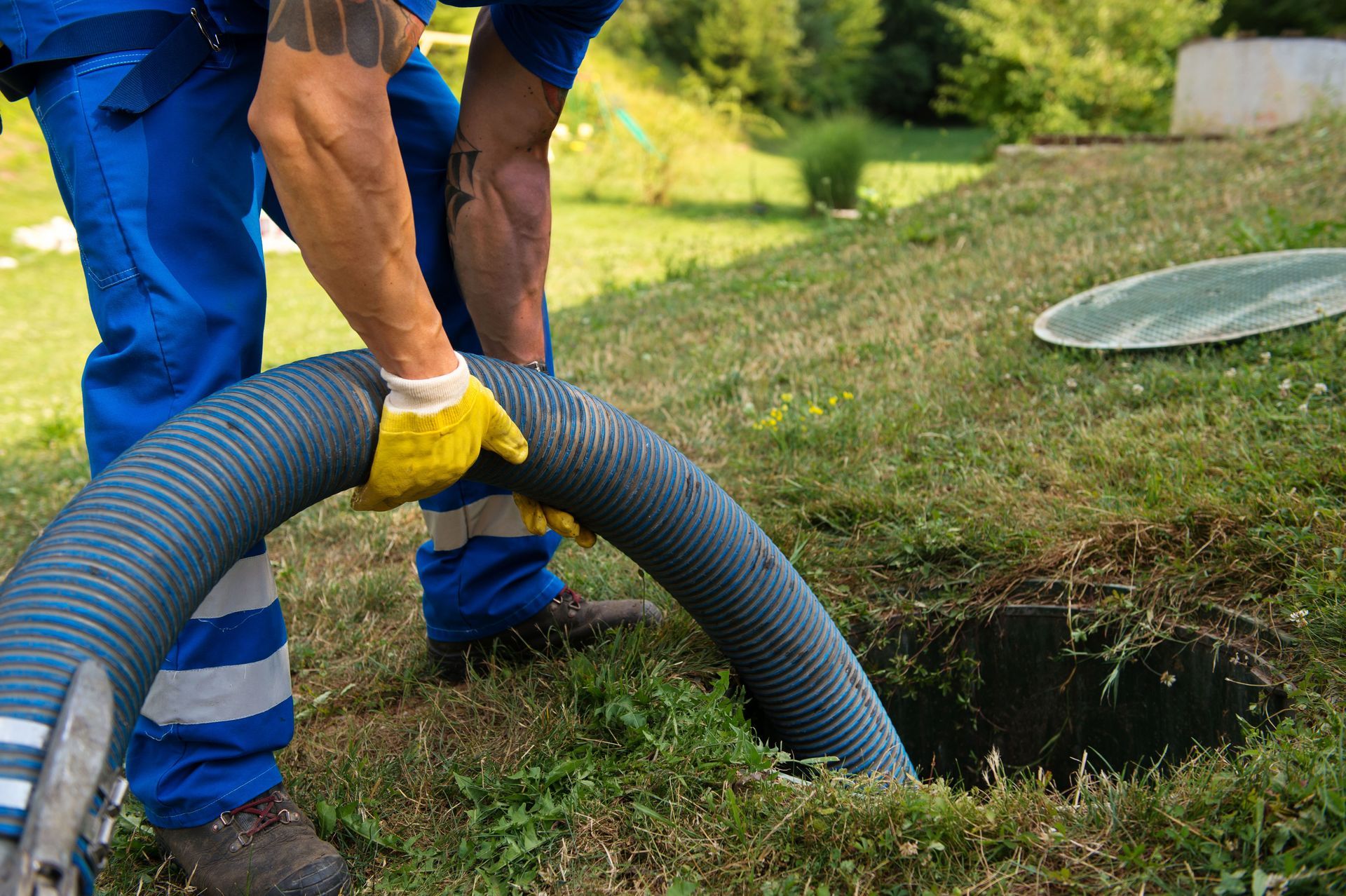
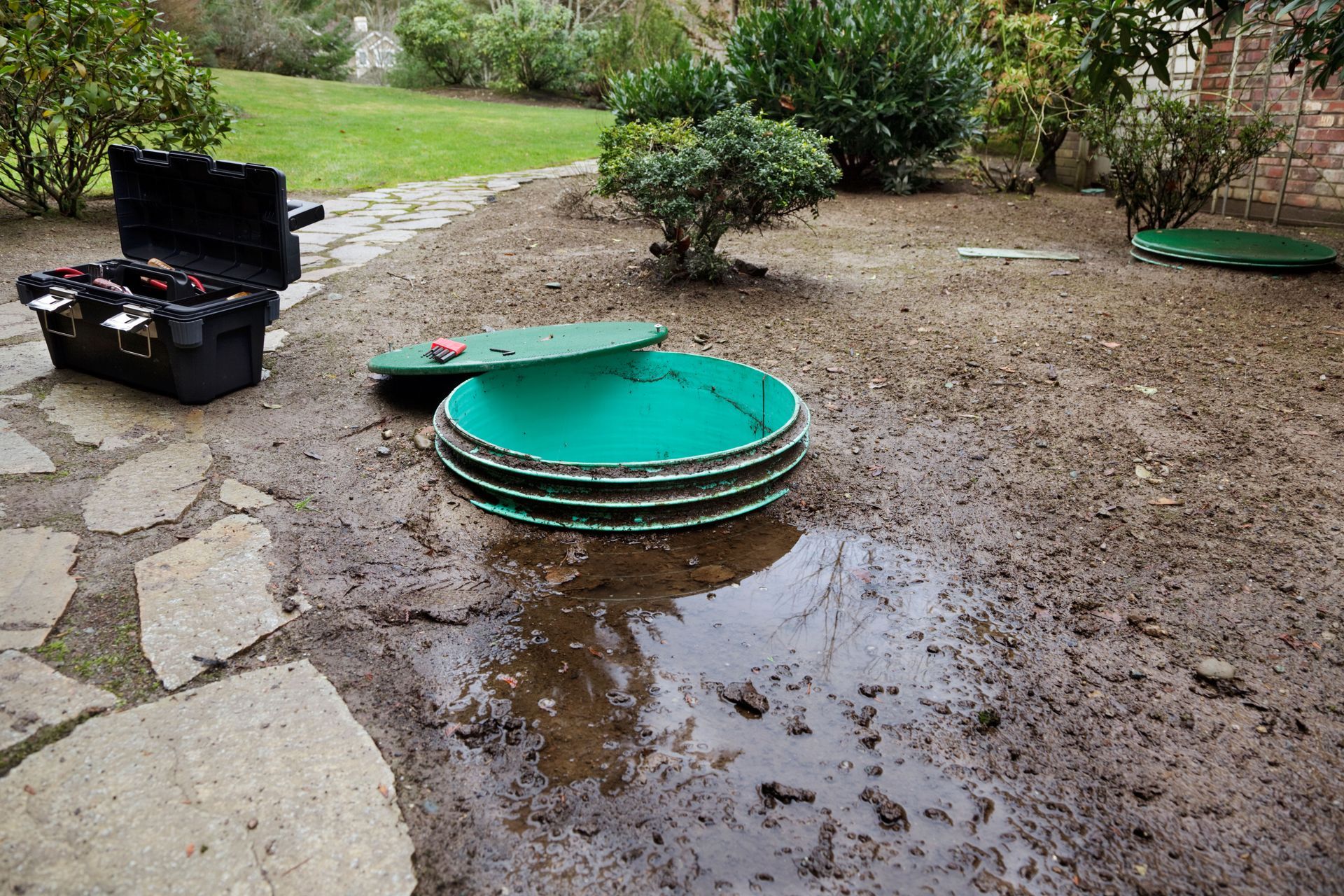
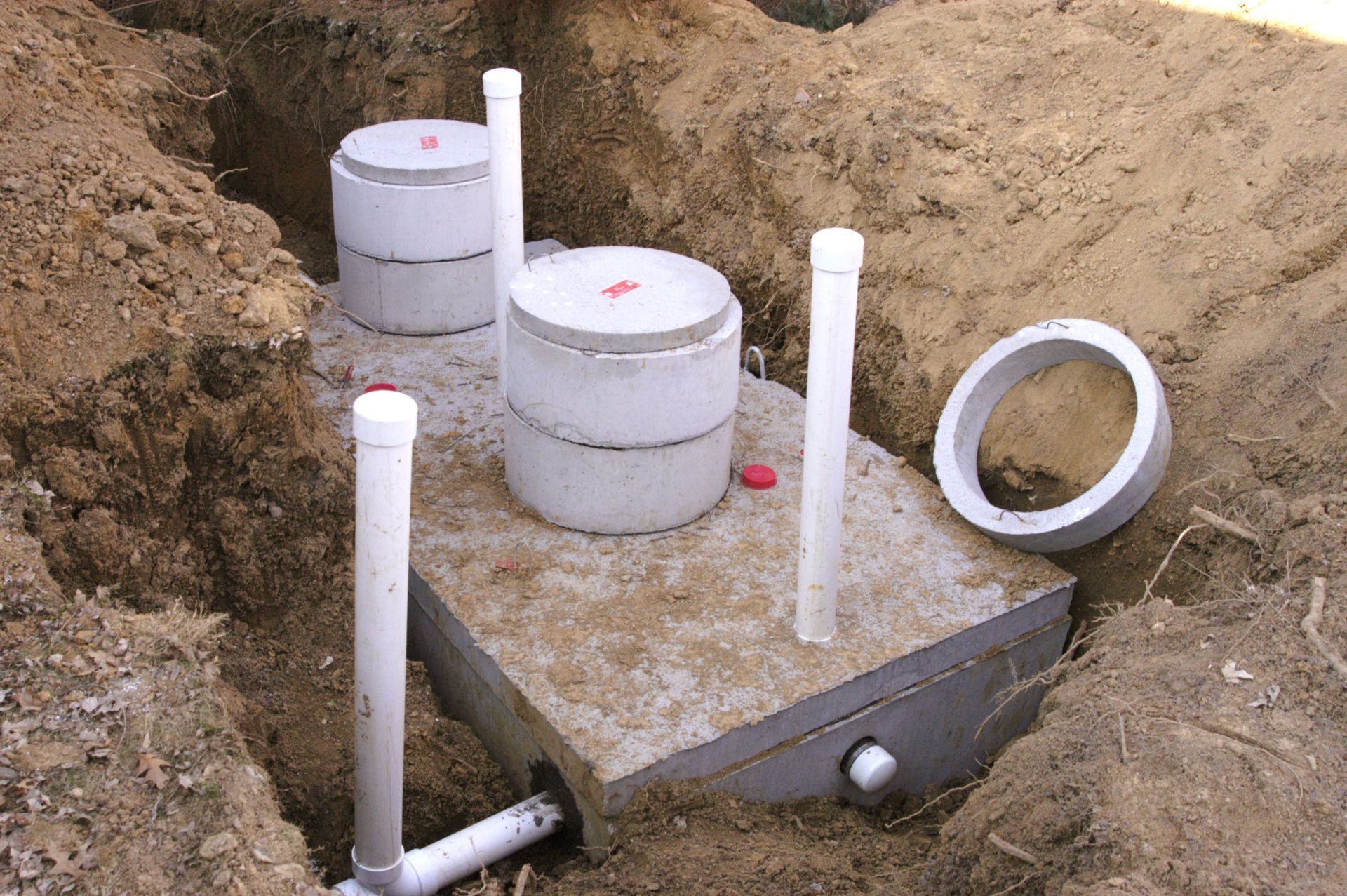
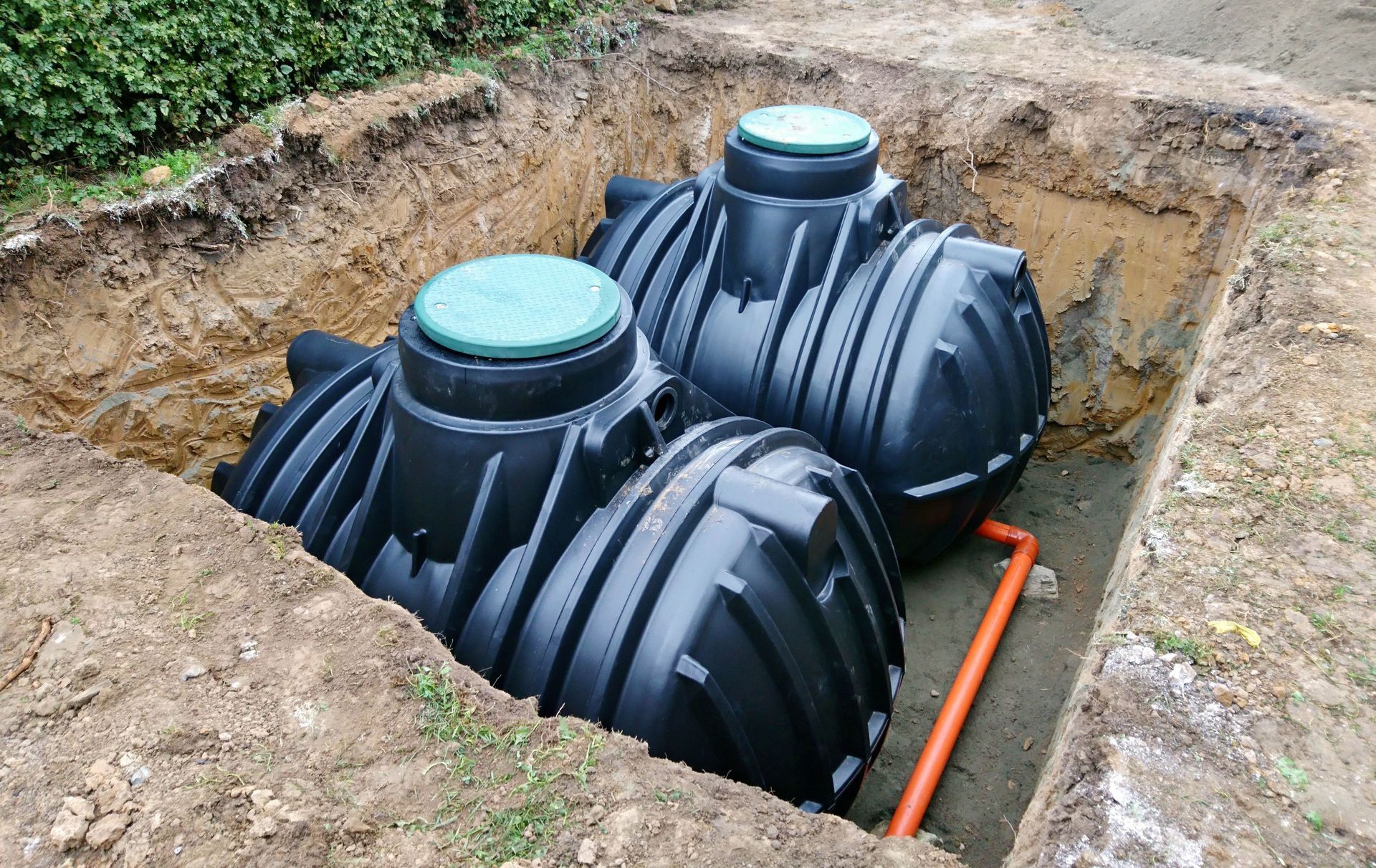
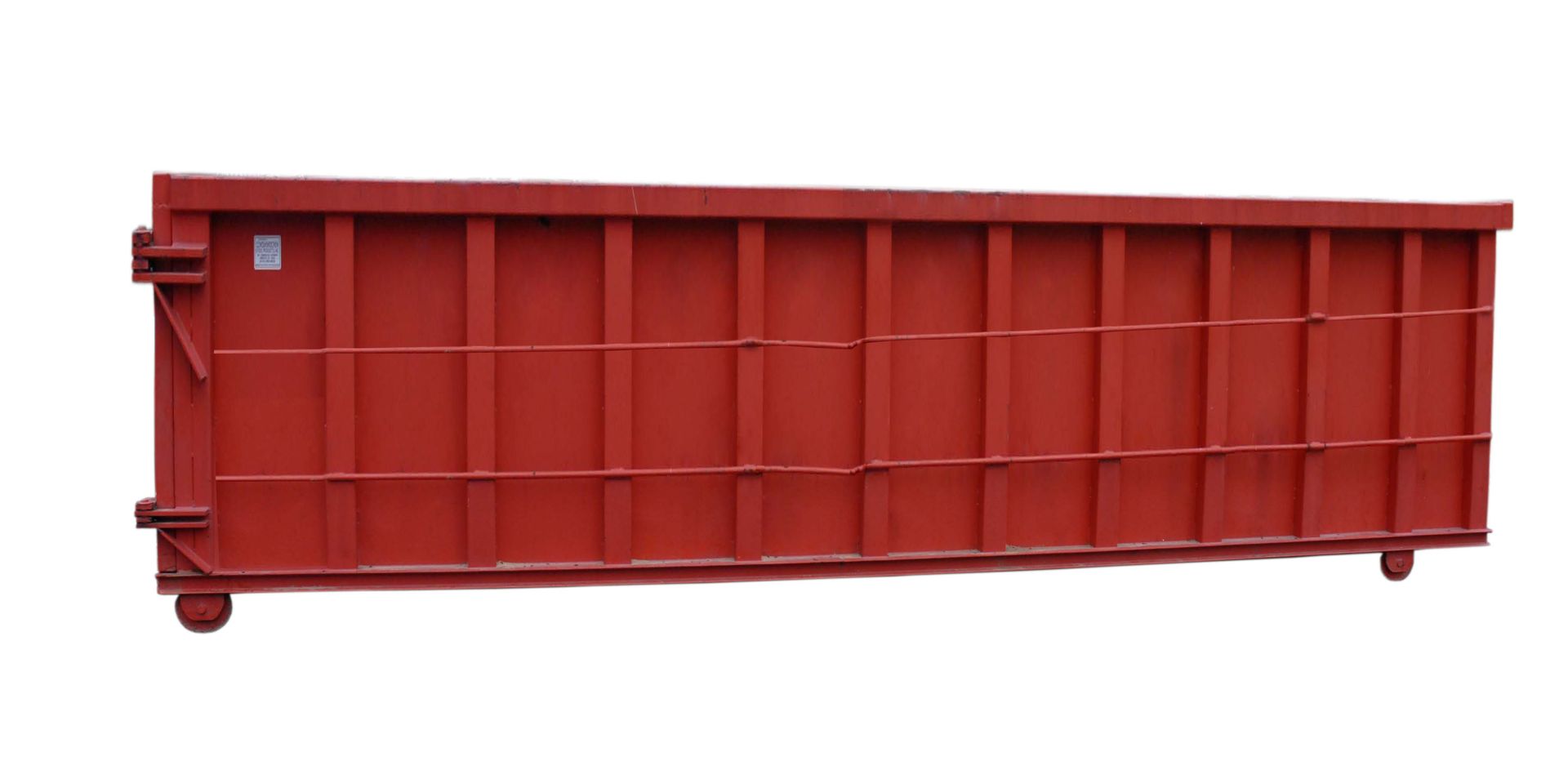
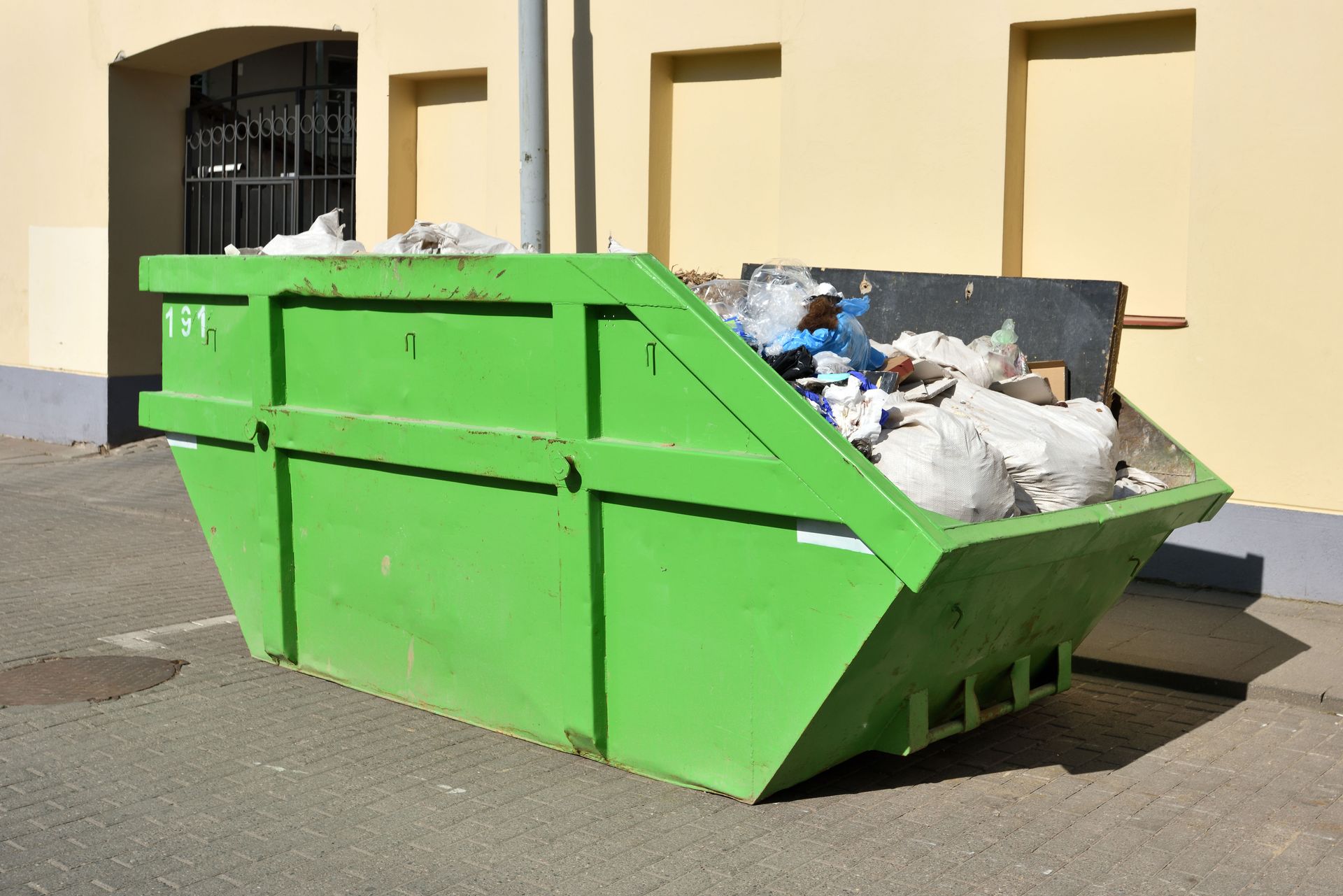
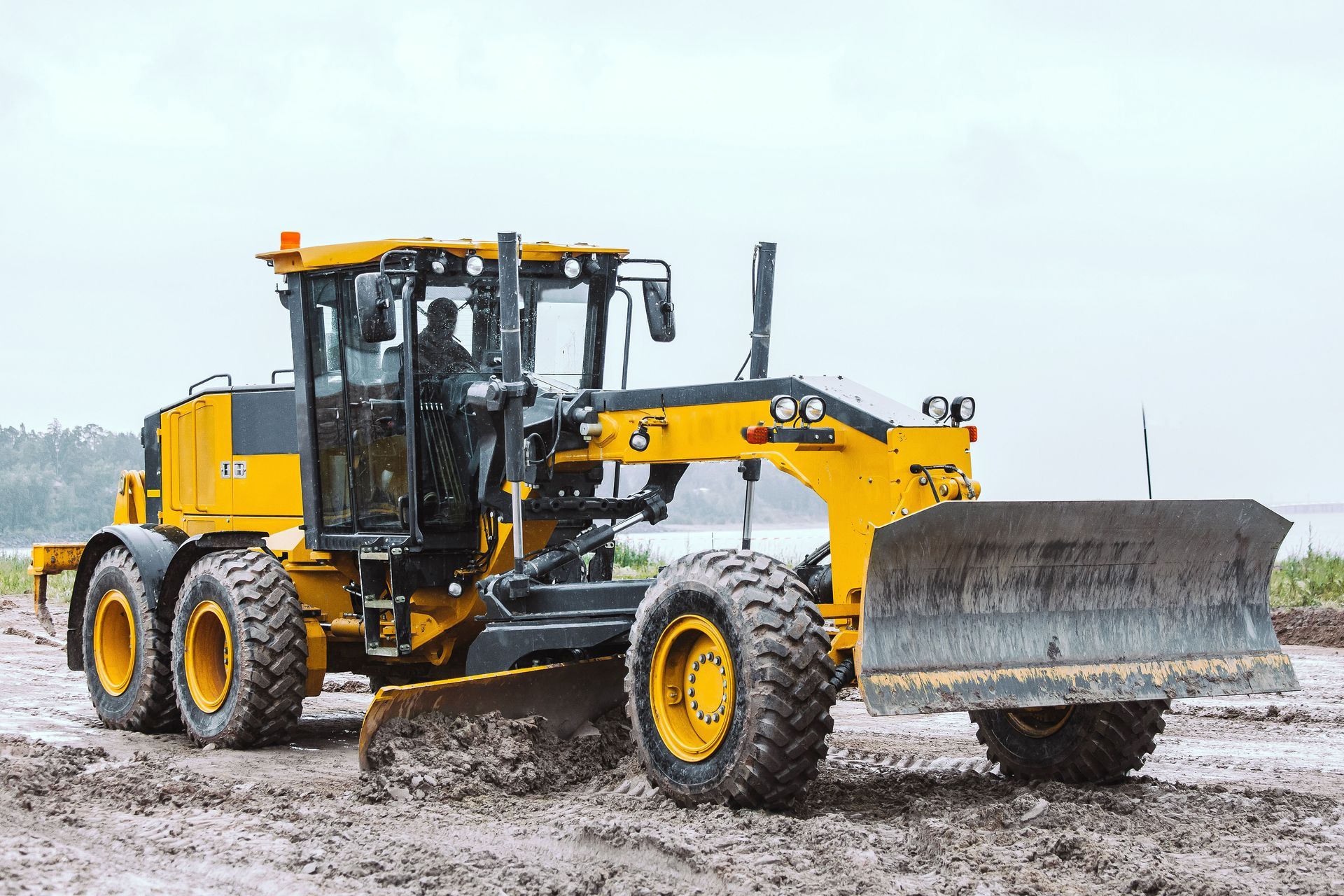
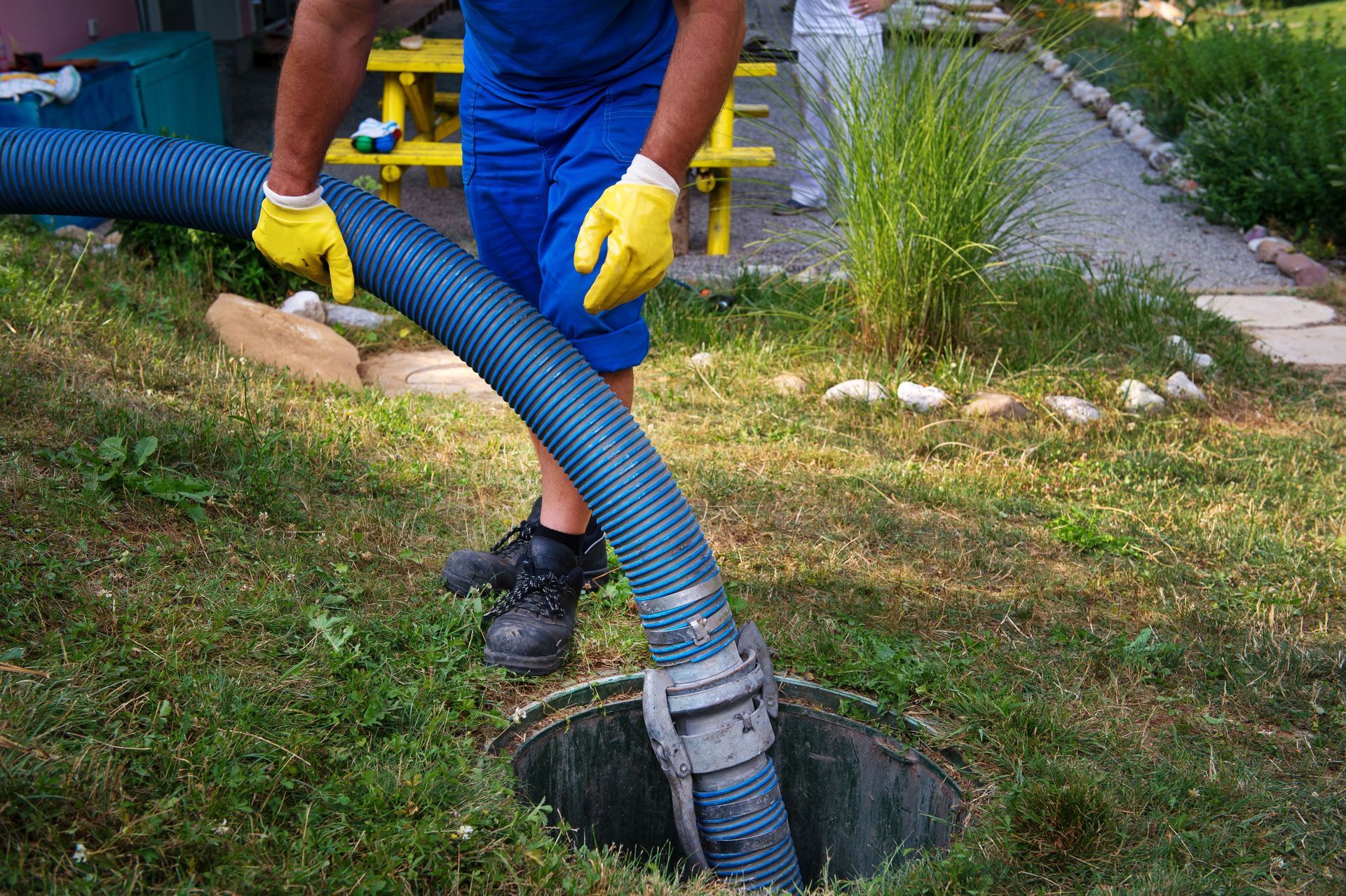
Share On: